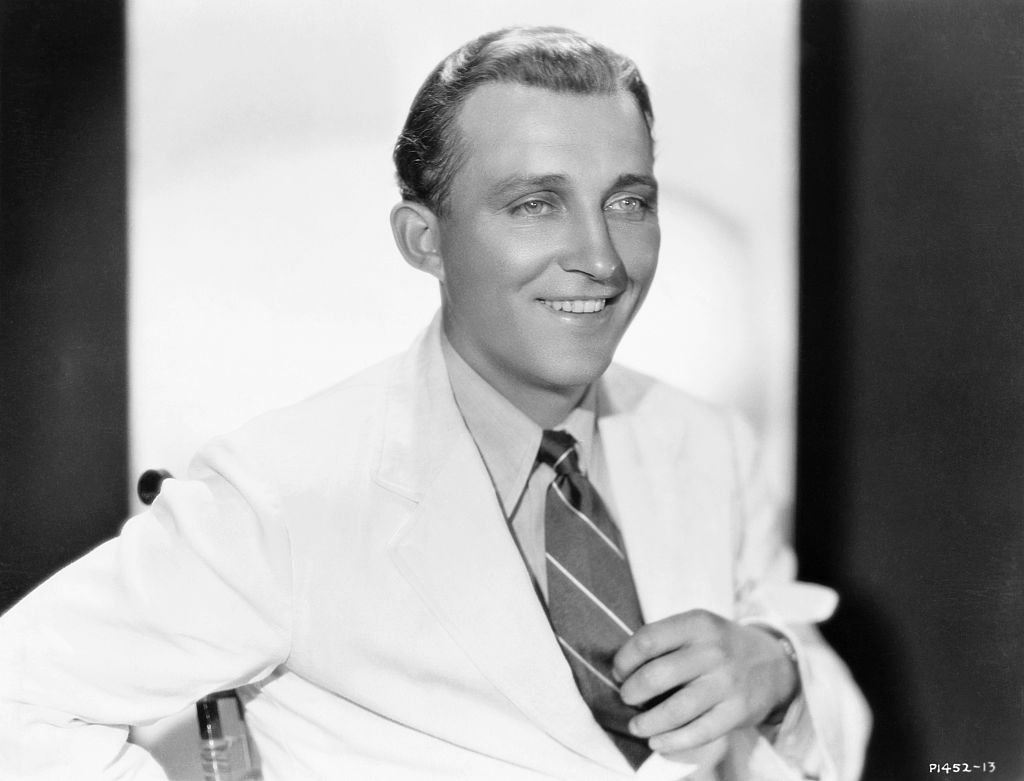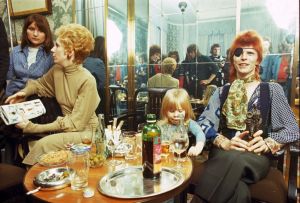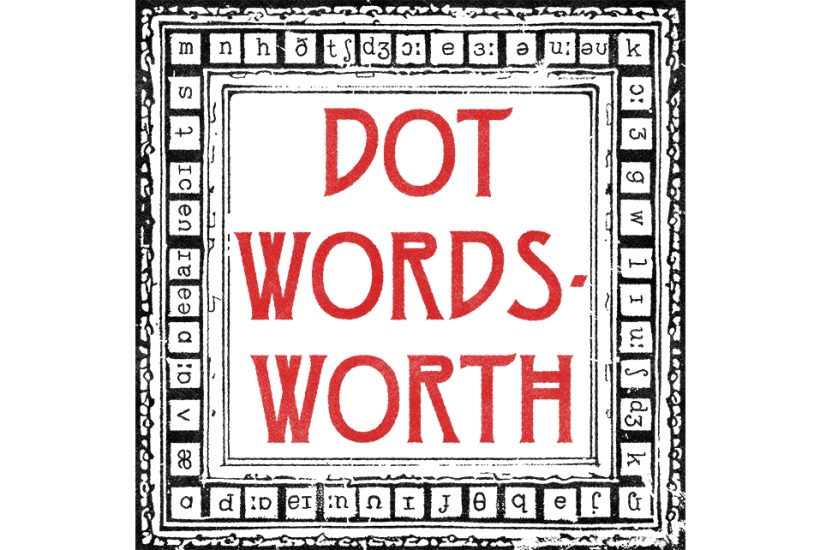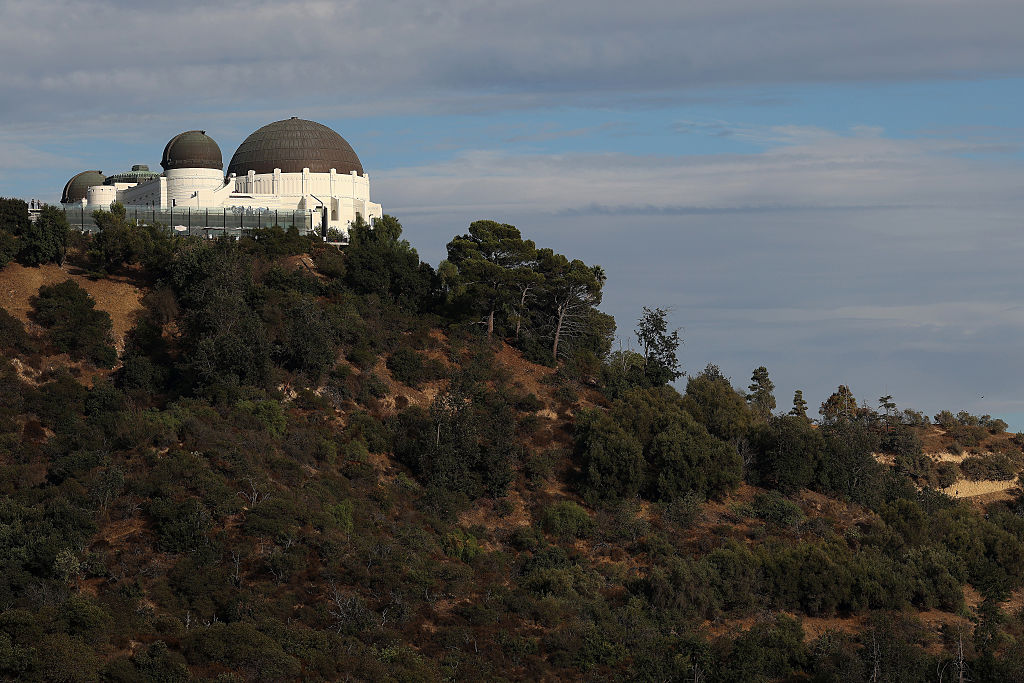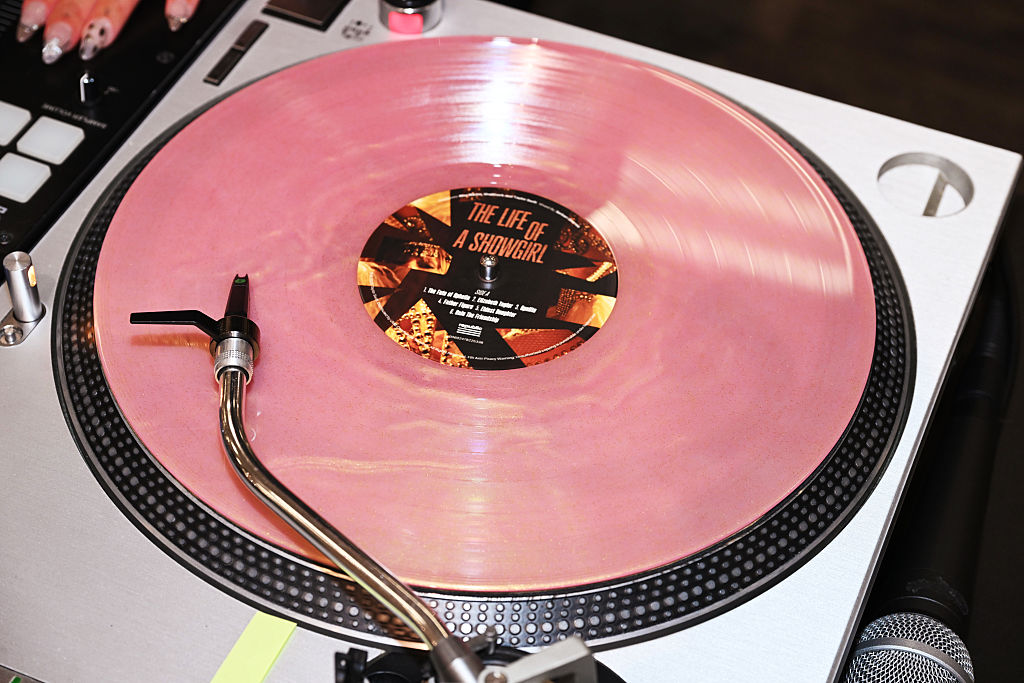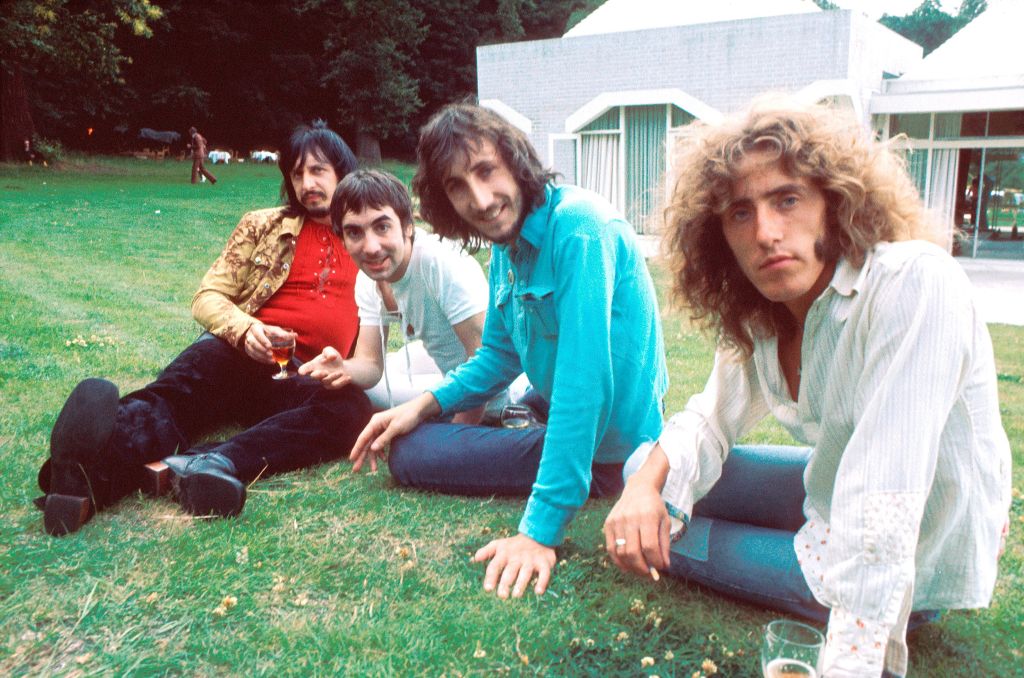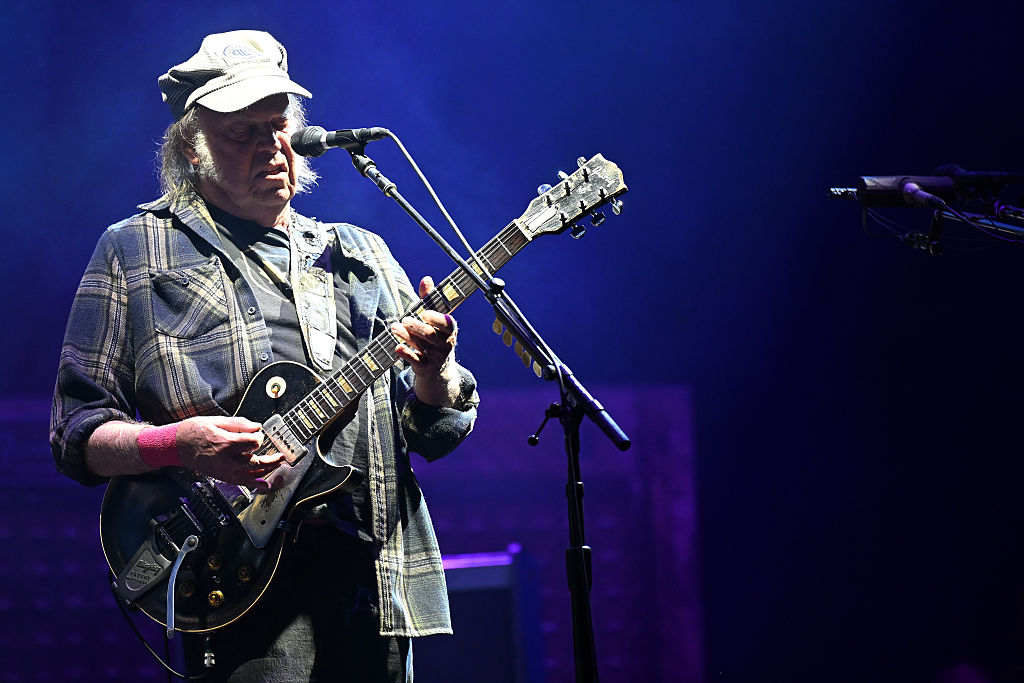If, in the spring of 1923, you’d somehow found yourself in the tumbleweed junction of Spokane, Washington, you might have shaken the dust from your feet at the strange and magnificent Davenport Hotel. Still standing today, this vast folly, soaring up in the middle of town like a gaudily iced wedding cake, was evidently greeted by cries of disbelief upon its opening in 1914.
In the rural west of the early twentieth century, the Davenport was the last word in luxury and refinement. The lobby was a work of art in itself, with lamps in alabaster shells mounted on a twisted bronze column in each corner, and an Italian marble fountain set under a chandelier that tilted at a slightly drunken angle, like one of those ghostly photographs taken onboard the wreck of the Titanic.
A century ago, this was the hotel where most Saturday evenings you could have relaxed to the strains of a straw-hatted jazz quintet called the Musicaladers. The band’s drummer was a jug-eared nineteen-year-old studying pre-law at the nearby Gonzaga University, a working-class Irish-American kid by the name of Harry “Bing” Crosby.
“We weren’t proud,” Crosby later said. “We had no scale, no minimum, no maximum — we took whatever we could get.” Not all the group’s venues were as elevated as the Davenport. One regular engagement was at a local Chinese restaurant, the Pekin Café, a notorious hangout that trafficked in liquor and prostitution. “I was able to allay some of my mother’s doubts about the joint’s respectability by pointing to its most respectable financial rewards,” Crosby recalled.
One night in March 1923, the Musicladers’ vocalist Al Rinker told the small audience in the Davenport lobby, “Ladies and gentlemen, you’re in for a treat — our Mr. C will sing the next number.” Rinker later liked to say that he’d made the announcement only because he couldn’t stand to listen to Crosby play the drums anymore. The reports vary, but the song in question may have been Paul Whiteman’s ballad “Three o’clock in the Morning,” or possibly the more jaunty “Yes! We Have No Bananas,” which was a radio hit for several artists that spring. Either way, few of those present could have guessed that they were witnessing the debut of a performer who would go on to become one of the most influential musical artists in history. Crosby sold an estimated 400 to 500 million records, not to mention coming third behind only Clark Gable and John Wayne as the most popular American movie actor of the century.
Even back in those early Spokane days, Crosby had a solid baritone with impressive range, a steady sense of time and a casual charm that concealed an inner vein of ambition. By 1925, he was ready for Hollywood. Tommy Dorsey soon nicknamed him “the Groaner,” but in fact he was one of the first to understand the microphone, crooning to it as though to an individual listener, as opposed to bellowing to the back seats like an Al Jolson or Rudy Vallee. As Tony Bennett later said, “Bing taught everyone how to be cool. He invented the art of intimate singing.” Crosby had one other thing going for him: his sexual crossover appeal. More than the skinny and fragile-looking young Sinatra, he was a man’s man, liked a belt, played golf.
Crosby also did more than just sell a lot of records and collect a best-actor Oscar (for 1944’s Going My Way) over the next fifty years. He was America’s first multimedia star, with weekly television and radio shows and his own TV production company with a technical wing that was at the forefront of the tape recorder and videotape revolutions. Look at the show business landscape today. Every entertainer with his or her own line of accessories — that’s Crosby. Every performer doing high-end commercials, boasting a lucrative portfolio of property and sports franchises — that’s Crosby. Studio overdubbing, proper concert amplification, the whole concept of the TV variety hour — all Crosby. He was the first popular singer to actively invent a persona, the laid-back everyman with his battered hat and pipe.
Of course, some of it was artifice. There was the avuncular, sweater-wearing Der Bingle, and there was the man who joined his first wife, the actress Dixie Lee, in her regular blackout-drinking binges. When Lee died of cancer at the age of forty-two, Crosby suffered a nervous collapse. There were women, and pills, and more women. Like his friend Sinatra, he may not have been a complete stranger to organized crime. Newly released FBI files show that he received “dozens of letters a day” from other than swooning fans. “I hate your guts, you bastard,” wrote one unappreciative correspondent. “You’re not going to make a fool out of me and if you don’t send [money] you’re going to have a rib taken out of you by God for what you did to me & tried to do.” The files don’t reveal the nature of the real or imagined slight, but they do hint at a slightly more nuanced private life than we once imagined.
One of the strangest episodes of Crosby’s career came on his final visit to Britain in October 1977, when he recorded a Christmas duet with David Bowie, who was then deep in his coked-out phase between the Low and “Heroes” albums. It was odder still because neither of them really knew who the other was. But Bowie’s mother wanted him to work with her hero Crosby, and Crosby’s kids wanted him to work with their hero Bowie. By the time the clip eventually aired on US television at Thanksgiving, Crosby himself was dead. After his British tour, he went on to play golf with some friends in Spain, and suffered a heart attack when walking back to the clubhouse. His last words were “That was a great game, fellas. Let’s go have a Coca-Cola.” He was seventy-four years old.
Some years later, Crosby’s oldest son Gary went into print with his own Mommie Dearest memoir, which he called Going My Own Way. His father wasn’t around for much of his childhood, he complained, and when he was, there were apparently many clouts around the earhole and kicks up the backside. Other family members have disputed this account. We’ll probably never know for sure, but it’s agreed that Crosby left his four oldest sons a generous legacy tied to high-performing oil stocks. The catch was that none of them received their inheritance until they reached the age of sixty-five, intended by Crosby to keep them out of trouble. In any event, Gary and his brother Phillip died of natural causes at sixty-two and sixty-nine respectively, while their siblings Dennis and Lindsay committed suicide before they were old enough to see their money.
Crosby may not have been sentimental in his private life, but it would have taken a heart of stone not to be moved by his family’s denouement.



